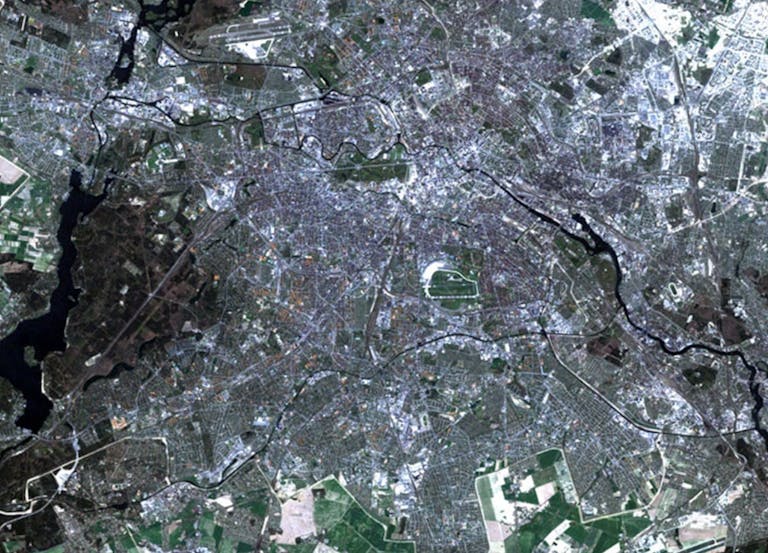Behind the scenes: The Northern Correspondent
Originally billed as ‘a New Yorker for Newcastle’, The Northern Correspondent is a quarterly magazine that uses narrative journalism to tell stories from the North East of England.
We’ve followed their progress since the successful Kickstarter campaign that started everything in April last year, so as 2015 draws to a close we’re taking the opportunity to check in with editor Ian Wylie to see how the magazine has grown.

Could you start off by telling me a bit about the background for the magazine?
Moving to the North East I became aware that the regional media is pretty thin, as it is many places in the world these days. We have local BBC and local radio, which provides a very functional, transactional exchange of news. It does the absolute basics, which of course is very important, but in terms of a more reflective, literary and narrative type of journalism, there’s not a lot around.
We have some really good universities here in the North East, and through teaching I’ve met so much bright talent and people who say they’d like to stay in the region, but who have come to the conclusion that there’s not enough opportunities for them here. That really bothered me, because it shouldn’t be that way.

You ran a Kickstarter campaign to start the project off. How did that go, and five issues in, where would you say you’re at now?
We got a lot of positive feedback and energy from running the campaign. Now we’re about to send our sixth issue to the printers and I think were getting better and stronger every issue. We have some incredibly talented people here so we’re using them as much as we can, as well as developing new talent.
Now I’d say we’ve reached a stage where we’ve established a sort of proof of concept; we know what The Northern Correspondent is and we’re proud of it. But it’s been a challenge to retain the positive energy we built up during the Kickstarter, and I think that’s the case for any new venture; as soon as the initial buzz wears off, you need to put in a lot of work to keep people excited.

So how do you keep people excited?
We have a weekly blogpost, and an email which is a digest of the interesting things going on in the region. And from the next issue onwards we’ll also add a quarterly podcast and a short film to go with each issue.
But the main thing I would say are our events. For the launch of each issue we throw an event that we call The Northern Conversation, where we bring together people we’ve interviewed, our contributors and other interesting people with a viewpoint. It’s a sort of panel discussion that we open up to the audience.

Magazines are great for telling stories and starting conversations. I want NC to be a starting point for conversations and a tool to bring people together who maybe wouldn’t normally talk. We all care about where we live, and by having artists talking to engineers, talking to social workers, talking to photographers, I think some very interesting ideas can emerge.
We’re not going to solve all the region’s problems, but we can at least start discussing what these problems are and some of the possible solutions. I have this idea that we shouldn’t just be reporting and commenting, but trying to make a little bit of a change happen (I know that sounds grand, but hey!)

What’s been your biggest challenge?
The main magazine publishers up here are the free, advertising-led titles, so most people consider magazines disposable. Saying that NC is worth five pounds is a bit of a tough sell and we’ve had to do a real education job. But that’s why the events are so important; we get to introduce people to the magazine and hopefully we can prove that quality journalism matters.

In your guest blog post last year you wrote about having protesters walking into one of your events and accusing you of being ‘middle class’. You said you’d track them down for the next issue – did you manage it? And what did you take away from that whole experience?
Yes, I did track the leader down and we ran a feature on their concerns in the very next issue. The experience reminded us that we need to ensure that in every issue the stories we tell represent the full diversity of people in our region – in the new Home issue, for example, we hear from travellers, refugees and the homeless, as well as from the owners of stately homes.

What’s your outlook for the future of Northern Correspondent?
I’m optimistic! I like think of NC as a magazine that will be around in five or 10 years, and I can definitely see a way of making this sustainable. I know it’s going to take a lot of hard work to get there, and I can only speak for myself in this, but I’m having too much of a good time to stop any time soon.
–
Discover magazines with something to say for themselves – subscribe to Stack and we’ll deliver the best independent print to your door






